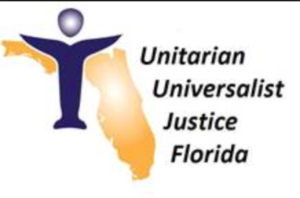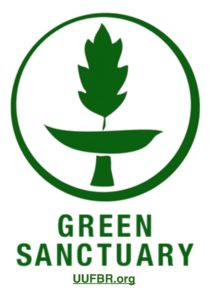Steps of the Process
The steps a non-profit organization can take to conduct a successful campaign that strengthens a community partner in an underserved community, and supports that partner to become capable of speaking to public officials about climate resilience concerns documented in a neighborhood survey are:
- Form a partnership with one or more community organizations in the vulnerable community.
- Work with the leadership in the vulnerable community to design an effective outreach plan, and to edit template materials included in this Tool Kit to be used in their community
- Have outreach materials (Health and Climate fact sheet and community survey) vetted by the locally relevant health and emergency services departments as well as elected officials.
- Conduct a Training Session on Climate and Health for Outreach Leaders, and for the Outreach Communicators they recruit.
- Conduct a Training Session for all Outreach Team members about How to Speak with and Survey Neighbors about Climate and Health. (This can be combined with #3 into 1 training session.)
- Supervise a neighborhood canvass or arrange for Outreach Communicators to staff tables at scheduled community events, or use other methods to reach 100 households.
- Assemble all information collected in surveys and oral histories (if you choose to do oral histories) into a report and a PowerPoint presentation.
- Arrange for the Outreach Team to present the results of their outreach and survey at community meetings with public officials responsible for the health and safety of the community present.
This website is maintained by the Unitarian Universalist Justice Florida’s Climate Resilience Ministry. It was established by the Green Sanctuary Committee of the Unitarian Universalist Fellowship of Boca Raton. The community pilot projects, on which the Community Toolkit was based, were undertaken in partnership with Developing Interracial Social Change (DISC) and Habitat for Humanity in Boca Raton, Florida; and Toussaint L’Ouverture High School for Arts and Social Justice in Delray Beach, Florida. Project Director for that effort was Janice T. Booher, MS. Pilot Project Manager Phase I was Dr. Ana Puszkin-Chevlin. Pilot Project Manager Phase II was Debra Weiss-Randall, Ed. D, CHES.
- This project is funded in part by the Unitarian Universalist Fund for Social Responsibility.
- Funding for this project was provided by the Unitarian Universalist Fellowship of Boca Raton Endowment Fund.
- Funding for the project in Shorecrest, Miami with the Community Health Mapping Initiative is provided by the National Library of Medicine/NIH.
- Development of the ReACT Tool Kit and the Pilot Projects were funded by EPA Environmental Justice Grant #EQ-00D35415-0 awarded to the Green Sanctuary Committee of the Unitarian Universalist Fellowship of Boca Raton.
Website designed and maintained by Janice T. Booher


